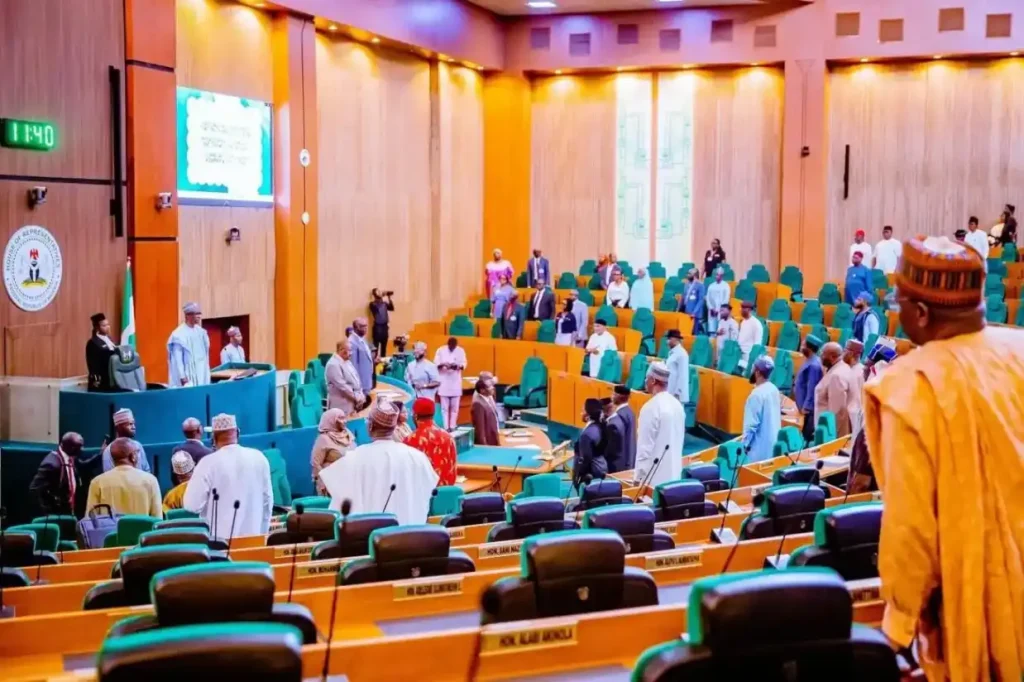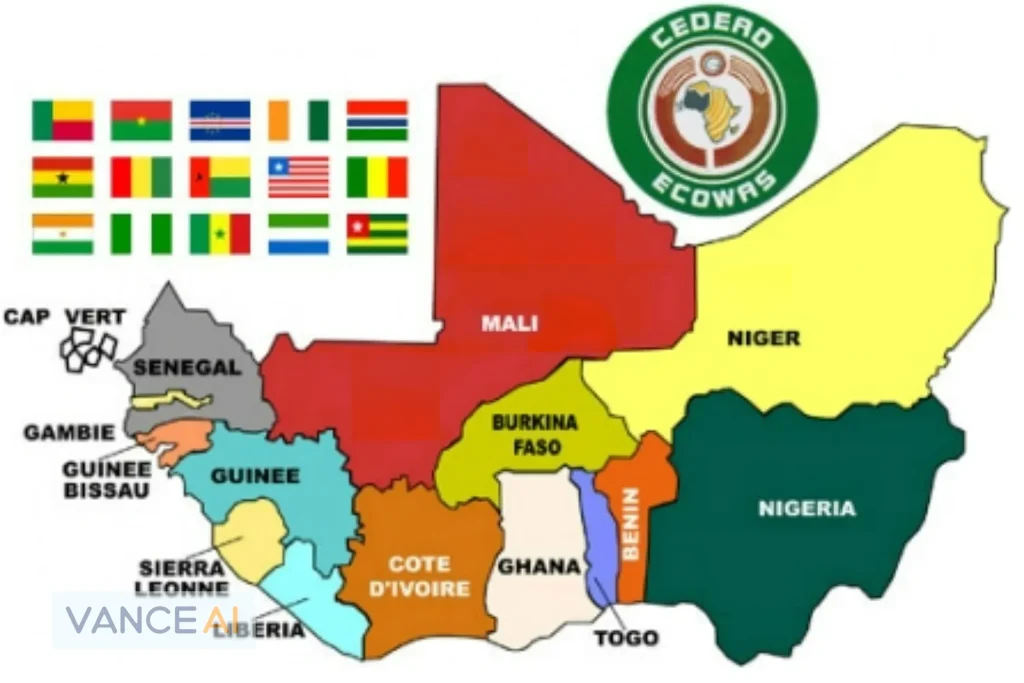When Nepal’s government announced a sweeping ban on social media, it claimed it was protecting national security. For the country’s Gen Z, the decision felt like an attack on their freedom.
Social media is a community, creativity, and a platform for holding power accountable.
The ban became the breaking point in a nation already weighed down by unemployment, corruption, and political disillusionment.
More Than a Fight Over Apps
At first glance, the protests may look like anger over TikTok and Instagram, but the roots go much deeper. Young people in Nepal have long felt ignored by the political elite.
With limited opportunities and a growing distrust in leadership, the social media ban symbolized something larger: an attempt to silence an entire generation.
The Human Cost
The demonstrations have not been without tragedy. At least 19 lives have been lost in clashes between protesters and security forces.
Each casualty underscores the gravity of the standoff, forcing the international community to question whether Nepal’s fragile democracy is edging toward tighter authoritarian control.
A New Political Awakening
Despite the risks, the protests have created something powerful; unity. For the first time in years, Nepal’s youth are rallying across divides, demanding recognition, respect, and reform.
Their actions signal a new political awakening, one that no government ban can easily suppress.
What Lies Ahead
The future remains uncertain. The government could choose confrontation, or it could begin listening to the voices rising in the streets.
But one truth is now undeniable: Nepal’s Gen Z has found its voice, and silencing it will be far harder than banning an app.























